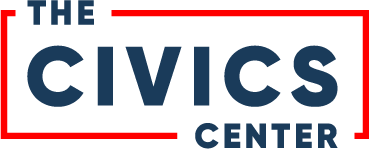Voting Reforms and Implementation: A New York Story
On the second day of a legislative session that introduced a squad of newcomers who had campaigned against disenfranchisement and corruption in Albany, the New York State legislature passed a sweeping raft of voter reforms that will establish the right for 16- and 17-year-olds to preregister to vote, among other critical changes. The new law represents an immense victory for advocates of voter engagement and election modernization, who had long noted that New York was stuck in an elections Dark Age. But how will these reforms be implemented and will there be adequate funding to do so?
In other states, for better or worse, voting reforms are implemented at the state executive level, often by the Secretary of State’s (SoS) office. As was noted on this site, a recent law establishing preregistration in Washington was taken up by that state’s SoS office in partnership with its Office of Superintendent of Public Instruction, which have “rule-writing authority” to ensure that legislation pertaining to their offices are properly implemented.
By contrast, as Sarah Goff of Common Cause points out, New York’s election system is effectively “Balkanized” with 62 counties independently responsible for the bulk of funding and decision-making for how their elections will be run, with each board required to include both a Republican and Democratic Commissioner and equal numbers of members from both parties. Not surprisingly, this split-party, county-led system hasn’t been a formula for smooth decision-making nor for a tranquil path toward implementation of election reforms. Indeed, disputes are already rife within county boards about the sites they will choose for early voting. (Fortunately, the state has leverage in ensuring sites will be chosen, as election grants will be withheld to counties that don’t submit proposals by May 29.) If past is prologue, county boards of election are likely to vary considerably in how enthusiastically and well they implement additional reforms, including preregistration.
So what can be done to ensure that preregistration is effectively implemented in this fractured New York State landscape? As ever, knowledge is power -- and informed, collective voices forming squeaky wheels will be key. At The Civics Center, we will continue to study the implementation of preregistration across counties in New York State, as we have been studying the issue across states that have already implemented this reform. While preregistration is just one lever supporting youth civic engagement and enfranchisement, evidence suggests it’s a consequential mechanism, with the power to increase youth voter turnout. Those of us working to engage young voters need to ensure that states that pass preregistration laws do more than pay lip service to this reform.
